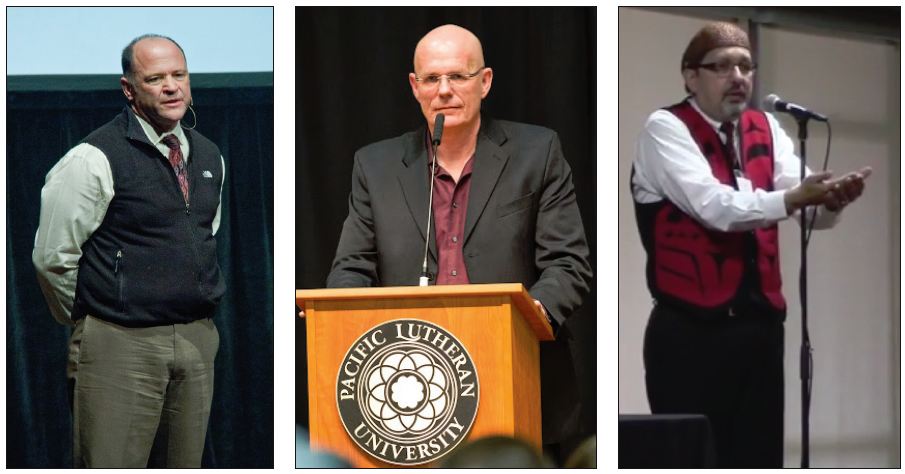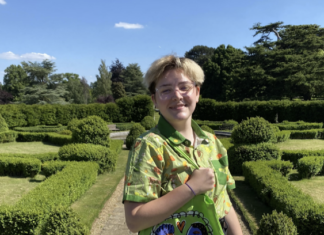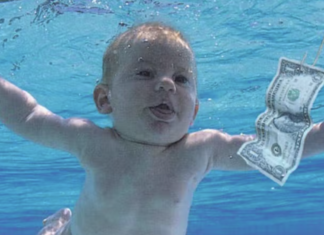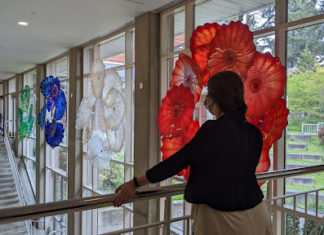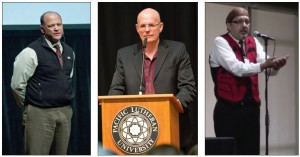
Communities tend to come together in the aftermath of a catastrophe. Last week, the Pacific Lutheran University community came together, instead, to discuss catastrophe.
“Legacies of the Shoah,” the Wang Center’s collaborative project with the Holocaust and genocide studies program, focused on asking questions about genocide, war crimes and crimes against humanity. “Shoah,” a Hebrew word, means “catastrophe.”
The symposium featured nine speakers, various discussion panels and ongoing activities related to the conference, including information about the study away program and designated places on campus to reflect on the presentations.
PLU’s Instructional Technologies’ LuteCast service live-streamed the two-day event, making the presentations accessible to people at home.
“Shoah” participants could follow along or join in on the conversation by using the tag #PLUSymposium on Twitter.
Presentation topics ranged from the issue of dehumanization to survivorship.
In his speech “Less than Human,” David Livingstone Smith, an associate philosophy professor at the University of New England, said dehumanization happens every day. “Every time we think of people as monsters, we’re dehumanizing,” he said. “Monsters don’t exist.”
During Friday’s discussion on the “Legacy of the Treaty and Sacred Obligations,” Lummi Nation members Jay Julius and Swil Kanim spoke about how proposed coal exports would affect their land, which is sacred ground to their tribe.
“I believe that what you make with your hands can be sacred,” Kanim said. “What if you held onto that one notion — the truth — that in you is a truth that only you can share?”
The symposium ended Friday night with Jerry White’s, deputy assistant secretary of state, speech on “The Bureau of Conflict and Stabilization Operations.” White, a co-recipient of the 1997 Nobel Peace Prize awarded to the International Campaign to Ban Landmines, spoke on conflict prevention, religious engagement and survivorship. “Emotions are facts,” White said.
“Legacies of the Shoah” was the sixth biennial Wang Center symposium. PLU’s annual Powell-Heller Holocaust Education Conference will continue the conversation March 12-14 with stories of Holocaust survivors and rescuers.

















